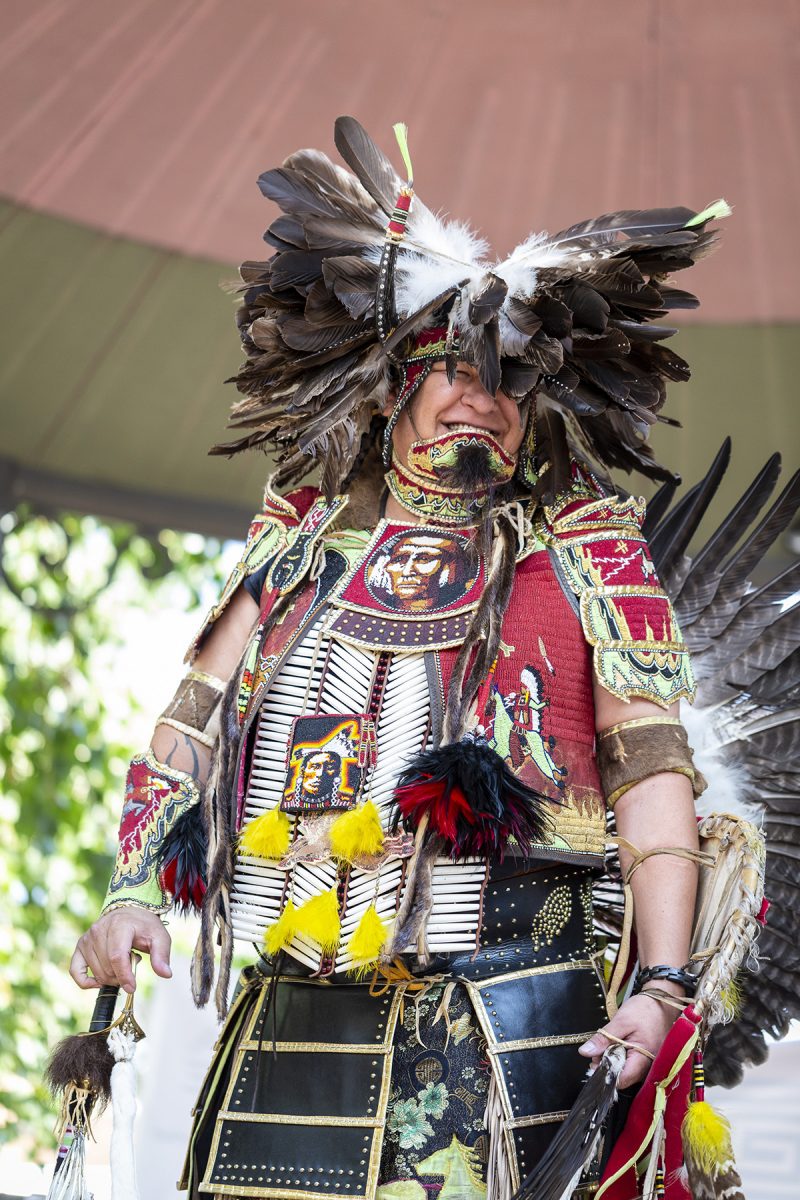Custody battles may be complicated and emotionally charged, usually requiring cautious consideration of legal, cultural, and familial dynamics. When one parent is of Native American heritage, a further layer of complexity emerges, as Native American households are afforded sure rights and protections beneath federal law. These rights are enshrined in the Indian Child Welfare Act (ICWA), a landmark piece of legislation designed to protect Native American families and tradition. In this exploration, we delve into the unique elements of custody instances involving a Native American parent, analyzing the legal framework, cultural sensitivities, and greatest practices for all events concerned. Join us as we navigate this intricate terrain, in search of to make sure the well-being of the kid whereas respecting the cultural heritage of their Native American father or mother.
Custody when one mother or father is native american
While Native American heritage is a major factor in custody instances, it's essential to note that there are no particular laws that automatically grant custody to a mother or father solely based mostly on their Native American ancestry. Instead, the Indian Child Welfare Act (ICWA) plays an important role in such situations. Enacted in 1978, the ICWA is a federal legislation that was introduced to safeguard one of the best interests of Indian children and to preserve the steadiness and integrity of their families.
The ICWA is grounded within the understanding that Native American communities have distinctive cultural values and traditions that should be respected and preserved. It aims to make certain that Native American children keep sturdy connections to their heritage, communities, and prolonged families.
One of the vital thing provisions of the ICWA is that it establishes preferences for placement of Native American kids. According to the law, priority is given to placing the kid inside their prolonged family or, if that isn't possible, inside their tribe or with one other Native American household. This desire is meant to support the kid's sense of id and connection to their cultural roots.
Furthermore, the ICWA requires that sure procedures be followed in cases the place the custody of an Indian child may be at stake. This consists of offering notice to the kid's tribe, permitting the tribe to intervene within the proceedings, and requiring expert testament to determine that the elimination of the kid from their household is of their greatest interest.
Overall, the ICWA plays an important function in making certain that the rights and interests of Native American kids are protected in custody cases. It offers a framework that takes into consideration the cultural significance of Native American heritage, aiming to foster the well-being and wholesome growth of these children inside the context of their distinctive cultural id.
Can a non-US citizen get custody of a child?
Yes, a non-U.S. citizen can potentially get hold of custody of a child within the United States, but there are specific authorized concerns that must be taken into consideration. Custody decisions in the us are typically determined primarily based on the best pursuits of the child. This signifies that the court will contemplate components such because the kid's emotional and physical well-being, stability, and the power of the custodial father or mother to offer a safe and nurturing setting.
However, immigration standing can typically be a think about custody proceedings. A non-U.S. citizen seeking custody could face challenges related to their authorized status, corresponding to the potential for deportation or difficulties in obtaining certain benefits for the kid. It's crucial for non-U.S. residents involved in custody circumstances to seek legal advice and probably work with immigration attorneys who can provide steering on navigating these complexities.
Can Indian courts decide baby custody of a overseas nationwide child?

Yes, Indian courts have the authority to decide youngster custody cases, even when the child is a international national. The main consideration in such circumstances is the best pursuits of the child. Indian courts will assess numerous elements, including the kid's welfare, security, and well-being, to be able to make a determination concerning custody.
It's worth noting that in worldwide custody cases, the place one father or mother is a international nationwide, there could additionally be additional complexities related to jurisdiction, enforcement of court docket orders across borders, and concerns of the kid's connections to both international locations. In such cases, it is advisable for all parties concerned to hunt authorized counsel from professionals experienced in international household legislation.
What is the Supreme Court legislation on Native American adoption?

The Supreme Court regulation pertaining to Native American adoption is primarily centered across the Indian Child Welfare Act (ICWA). Enacted in 1978, the ICWA is a federal regulation that establishes specific procedures and protections for Native American kids concerned in youngster custody proceedings.

The ICWA locations priority on preserving Native American households and communities. It requires that, when attainable, Native American children be placed with extended relations or within their tribe, to find a way to keep cultural and familial connections. Additionally, the law mandates that certain procedures be adopted, including providing notice to the child's tribe and permitting the tribe to intervene in the proceedings.
native american clothing for sale 49native has affirmed the constitutionality of the ICWA, recognizing the significance of preserving Native American heritage and culture in custody instances involving Native American children.
Who has custody of kid beneath 5 years to father in India?
In India, the authorized framework concerning child custody is primarily guided by the welfare and finest interests of the child. Traditionally, it has been frequent for Indian courts to grant custody of children below 5 years of age to the mom, as they are considered finest suited to meet the emotional and bodily needs of younger kids.
However, it is essential to notice that custody decisions usually are not solely based mostly on the age of the kid and may be influenced by a variety of factors, together with the monetary stability of the mother and father, the child's particular needs, and the power of each father or mother to offer a secure and nurturing surroundings. In latest instances, Indian courts have been more and more open to considering the unique circumstances of each case, and may award custody to the father if it is determined to be in the most effective interests of the child. Each case is evaluated on its particular person deserves, and custody selections can range based on the particular circumstances and evidence offered before the court docket.
